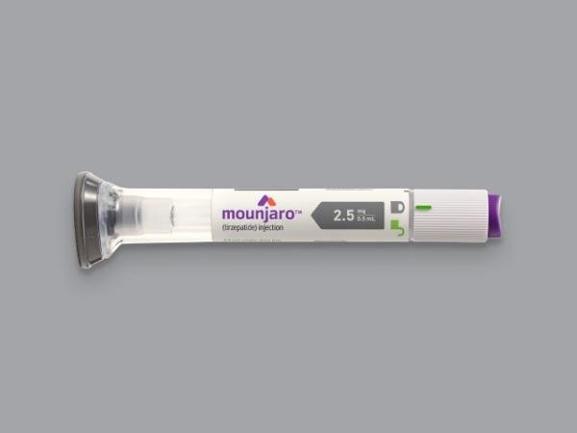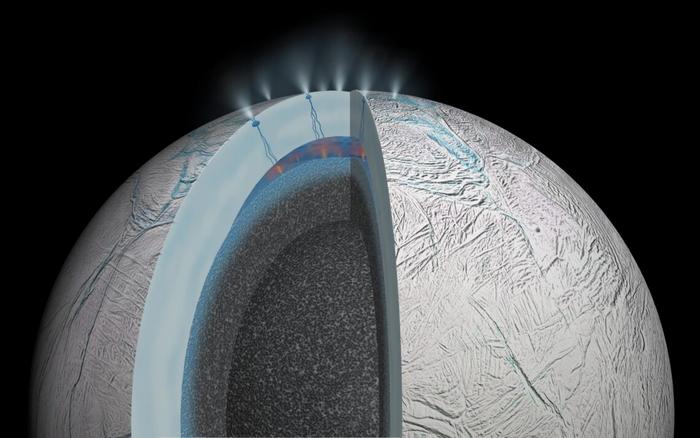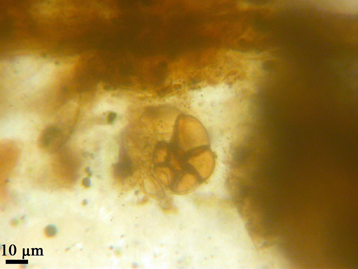Pasteurization was invented for a good reason and raw milk is illegal in many countries because it can be contaminated with potentially harmful microbes. Contamination can also spoil the milk, making it taste bitter and turn thick and sticky. Now scientists have discovered new species of bacteria that can grow at low temperatures, spoiling raw milk even when it is refrigerated. According to research published in the November issue of the International Journal of Systematic and Evolutionary Microbiology, the microbial population of raw milk is much more complex than previously thought.
Should we worry about a future with no humans? This question and many more will be answered in a public lecture at Keele University looking at new advances in science and technology – and their impact on humanity.
Bioethicist Professor John Harris will give the second of Keele University’s 2008/2009 series of public lectures, “Synthetic Sunshine and Synthetic Biology – The Future of Humanity”, on Monday, November 17, at 6.30pm in the University’s Westminster Theatre.
He will discuss the radical scientific approaches which could enhance our species – making us live longer and resist disease, for example – and which could result in new and improved successors to humankind.
Asma Elsony led the tuberculosis programme in Sudan at the same time as she took her doctoral degree under the supervision of Professor Gunnar Bjune of the Department of General Practice and Community Medicine, University of Oslo in Norway.
During her doctoral degree studies she became President of the International Union against Tuberculosis and Lung Disease as the first African and the first President from south of the globe. During her presidency the Board moved with the DOTs model to other public health lung problems – one of many other achievements.
One of the problems – and this applies to very many countries – is that it takes far too long to diagnose tuberculosis.
Marine microorganisms have been found in amber dating from the middle of the Cretaceous period. The fossils were collected in Charente, in France. This completely unexpected discovery will deepen our understanding of these lost marine species as well as providing precious data about the coastal environment of Western France during the Cretaceous.
A scientific team from the John Innes Centre and University of St Andrews has identified a key gene that was transferred from a Sicilian plant into a close relative in Britain, showing how genetic cross-talk between species can be important for evolution.
The researchers unravelled the remarkable history of an Italian interloper, a close relative of the common British weed Groundsel, that was first brought to the UK 300 years ago. In an amazing piece of genetic detective work, to be published in Science on Friday, they tracked down a small region of DNA in the British weed that came from its Sicilian relative.
Psychological stress and anxiety have been shown to produce an activation of coagulation and fibrinolysis. Resulting hypercoagulability is a risk factor for cardiovascular diseases, and could therefore contribute to an increased prevalence of coronary artery disease in anxiety patients. However, hemostasis function has not yet been studied in patients with clinically relevant anxiety disorders.
 Study: Caloric Restriction In Humans And Aging
Study: Caloric Restriction In Humans And Aging Science Podcast Or Perish?
Science Podcast Or Perish? Type 2 Diabetes Medication Tirzepatide May Help Obese Type 1 Diabetics Also
Type 2 Diabetes Medication Tirzepatide May Help Obese Type 1 Diabetics Also Life May Be Found In Sea Spray Of Moons Orbiting Saturn Or Jupiter Next Year
Life May Be Found In Sea Spray Of Moons Orbiting Saturn Or Jupiter Next Year








